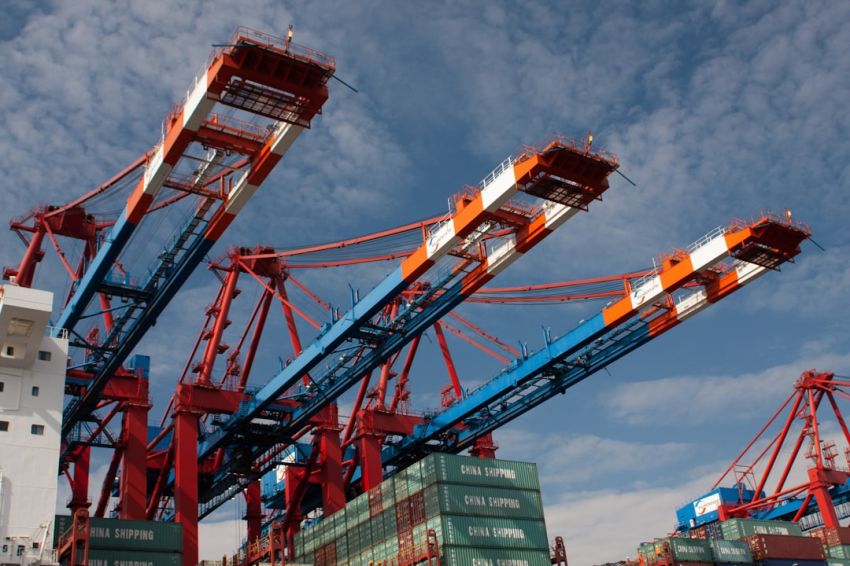Global trade plays a crucial role in shaping national economies around the world. The interconnectedness of countries through trade has both positive and negative impacts on their economic growth, employment rates, and overall prosperity. Understanding how global trade affects national economies is essential for policymakers, businesses, and individuals to navigate the complexities of the ever-evolving global marketplace.
The Impact of Trade Agreements on National Economies
Trade agreements between countries have a significant impact on national economies. These agreements, such as free trade agreements or regional trade pacts, aim to reduce barriers to trade, promote economic cooperation, and boost exports. By opening up markets and facilitating the flow of goods and services across borders, trade agreements can lead to increased economic growth and job creation in participating countries.
One of the key benefits of trade agreements is the expansion of market access for businesses. When countries lower tariffs and trade barriers, companies can reach a larger customer base and export their products more easily. This increased market access can drive economic growth by stimulating production and innovation, as businesses strive to remain competitive in the global marketplace.
Trade agreements also have the potential to attract foreign direct investment (FDI) to participating countries. Foreign companies may be more inclined to invest in countries that have strong trade relationships and favorable trade policies. FDI can bring in new technologies, expertise, and capital, which can fuel growth in domestic industries and create job opportunities for local populations.
However, trade agreements can also pose challenges to national economies. Increased competition from foreign goods and services may put pressure on domestic industries, leading to job losses and economic dislocation in certain sectors. Countries must carefully balance the benefits of trade liberalization with the need to protect vulnerable industries and workers from the negative effects of global competition.
The Role of Trade Imbalances in National Economies
Trade imbalances, where a country’s imports exceed its exports or vice versa, can have a significant impact on national economies. Persistent trade deficits can lead to a decrease in domestic production, loss of jobs, and a decline in overall economic growth. On the other hand, trade surpluses can result in currency appreciation, which may make exports more expensive and harm export-dependent industries.
Countries with chronic trade imbalances often face challenges such as inflation, currency devaluation, and increased debt levels. To address these issues, policymakers may implement measures such as import quotas, export subsidies, or currency interventions to rebalance trade flows and protect domestic industries.
The Impact of Global Supply Chains on National Economies
The rise of global supply chains has transformed the way goods are produced and traded around the world. Companies now source components and raw materials from multiple countries, assemble products in different locations, and distribute them to global markets. While global supply chains have enabled cost efficiencies and increased productivity, they have also exposed national economies to risks such as supply chain disruptions, geopolitical tensions, and trade disputes.










